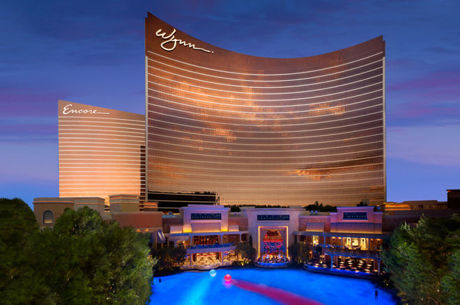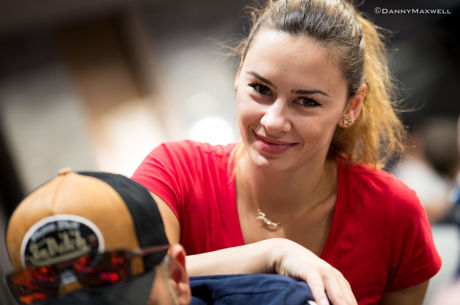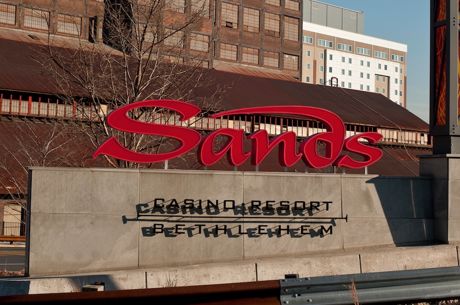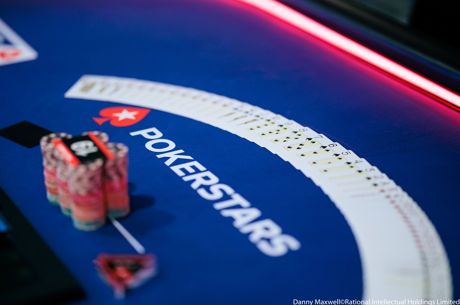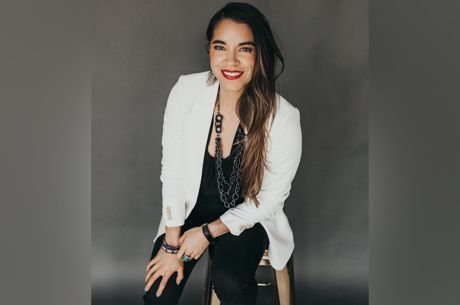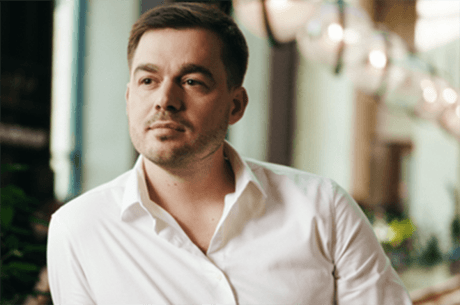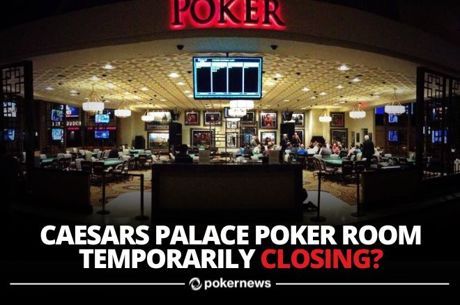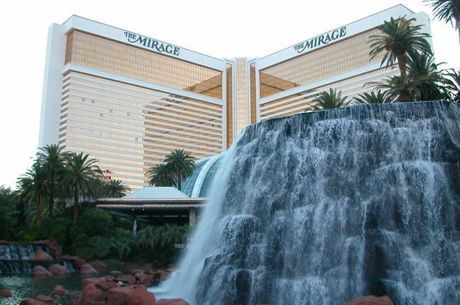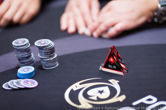Inside Gaming: Smoking Ban Hurting Harrah's New Orleans Revenue, Says Caesars
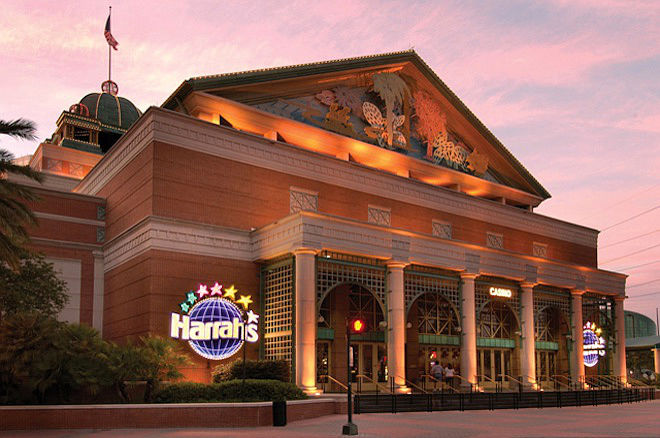
In this week's installment of Inside Gaming, Caesars thinks the New Orleans smoking ban has negatively affected revenue at the Harrah's property, Forbes profiles a friend of Donald Trump and speculates about the president's interest in investing in a new Vegas casino, and the Golden Nugget's owner is glad Michigan's NCAA run is finally over.
Caesars Links Smoking Ban to Revenue Decrease at Harrah's New Orleans
Two years ago in this space we reported on the New Orleans City Council having voted unanimously in favor of instituting a smoking ban in the city's bars, restaurants and other establishments, including casinos.
At the time Harrah's New Orleans and its owners Caesars Entertainment expressed objections to the ban, fearing as much as a 20 percent decline in revenue would result from it. Harrah's had requested the council allow them an exception, giving them permission to maintain a separate smoking section on the gaming floor. But when the ban went into effect in April 2015, no such exception was granted.
As the ban approaches its second anniversary, those representing Harrah's this week noted the effect the ban has had on the performance of Harrah's New Orleans, reports The Times-Picayune and NOLA.com. Speaking to the Riverboat Economic Development and Gaming Task Force on Tuesday, Caesars Entertainment president and CEO Mark Frissora "said Harrah's lost about $70 million in revenue during the two years following the start of the smoking ban in New Orleans."
"It's not fair because everyone else around us doesn't have the smoking ban," said Frissora, referring to the fact that the prohibition does not affect casinos outside of the Orleans Parish.
Ronnie Jones, chairman of the Task Force, backed up Frissora's point by noting how "revenues at the New Orleans' location were decreasing before the ban, and now the reverse is happening: revenues at the New Orleans' location are decreasing as the neighboring properties are increasing."
"I'm not a scientist, but I think the smoking ban had an impact," concluded Jones.
A recent report from Caesars, summarized by The Times-Picayune, shows the first quarter of 2015 to have been "the best quarter of the casino's history," while revenue for Harrah's New Orleans has dropped steadily since.
However Cynthia Hallett, president and CEO for Americans for Nonsmokers Rights cast doubt on the complaints, noting how area casinos without smoking bans "have also seen revenues fluctuate," with gaming revenue at other Caesars properties in Las Vegas also having decreased over recent years. Native American tribal casino expansion in Oklahoma is also cited as having affected gaming in Louisiana.
Along with dozens of New Orleans bar owners, Harrah's immediately pursued a lawsuit against the city arguing the law to be too vague and that the council hadn't followed proper regulations when approving the ban. But that lawsuit was dismissed by a judge in early June 2015.
For more on the fiery debate over the smoking ban, truck over to The Times-Picayune.
Forbes Profile of Trump Associate Discusses Possible Vegas Plans
This week Forbes ran a feature sharing some speculation about President Donald Trump's potential interest in investing in a new Las Vegas property, an article headlined "Why the Next Big Trump Project Could Be A Las Vegas Casino."
Billionaire businessman, real estate mogul and Las Vegas resident Phil Ruffin is the focus of the article, someone readers of PokerNews may recall from his appearance during the seventh season of the popular show High Stakes Poker. Ruffin also was a participant in the inaugural $1,000,000 Big One for One Drop at the 2012 World Series of Poker.
The article is a deep dive into Ruffin's history and many business interests with a particular focus on his friendship (and business dealings) with Trump. Along the way come details of the pair's plan for new casino in Las Vegas, as well as reference to an idea to build a high-speed train from California to Las Vegas.
Obvious concerns about a sitting president conducting business deals and the resulting conflicts of interest surround any such discussion. The article concludes with Trump's previous promise to "do no new deals during his presidency," with his later qualification that the promise would only cover foreign partnerships and that "domestic deals would proceed, subject to vetting."
"A new casino in Las Vegas, presumably carrying the same Trump brand as the hotel, would seem to meet the requirements," opines Forbes, alluding to the Trump International Hotel Las Vegas co-owned by Ruffin and Trump.
Trump was a prominent player in Atlantic City over nearly three decades where he owned multiple casinos, all of which have either been sold or closed. It was only last month that the Trump name was at last removed from signage connected to the Trump Taj Mahal that shuttered its doors last fall after Trump's ownership stake in that property had been extinguished in February 2016.
Read more about Ruffin, Trump and their possible Las Vegas plans at Forbes.
Dream (or Nightmare) of $1M NCAA Payout No Longer in Play After Michigan Loss
How's your NCAA Men's Basketball Tournament bracket doing? Still have three of your final four alive, or did your bracket fall apart with the upsets last weekend?
They're halfway through the "Sweet 16" round of games in the tournament on which the American Gaming Association says more than $10.4 billion is being wagered, with an estimated 70 million people completing brackets for office pools and other contests.
However you are doing, Tilman Fertitta, owner of The Golden Nugget, is breathing a little easier this morning after the Oregon Ducks managed to outlast the Michigan Wolverines last night in a 69-68 thriller to advance.
Per the Associated Press, Fertitta had approved a $12,500 bet at 80-to-1 for Michigan to win the tournament. The $1 million payout "would have been 10 times larger than any the Nugget's sports book has ever made," but with the Wolverines' loss Fertitta no longer has to sweat the bet.
The bet was placed by Michigan alumnus Derek Stevens, owner and CEO of the D Casino. Stevens also made some news by betting $11,000 on each of the 32 first-round games of the tournament, after which he found himself down $109,000.

